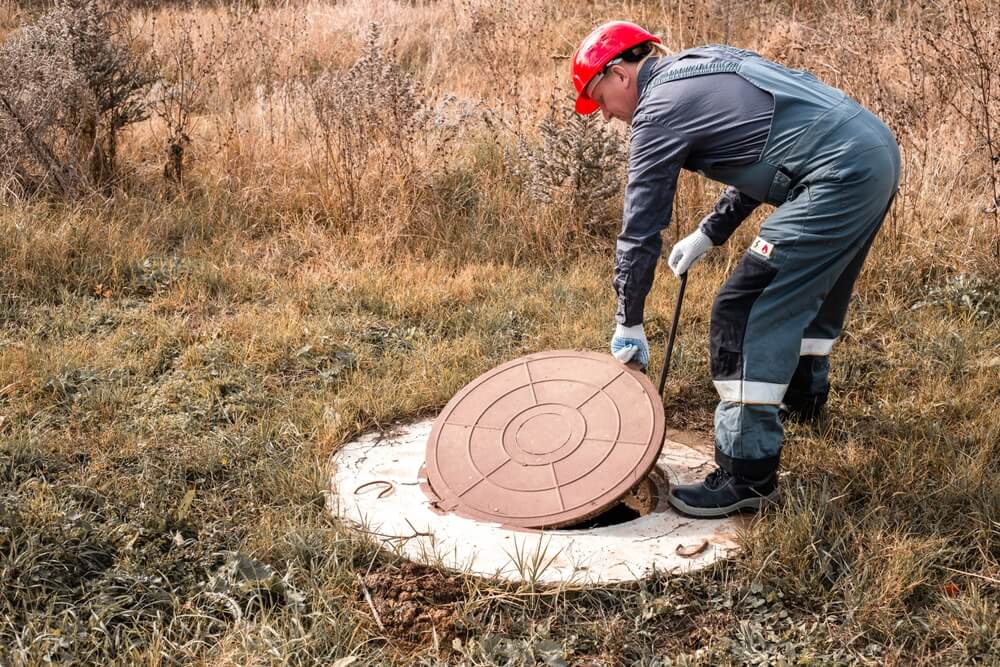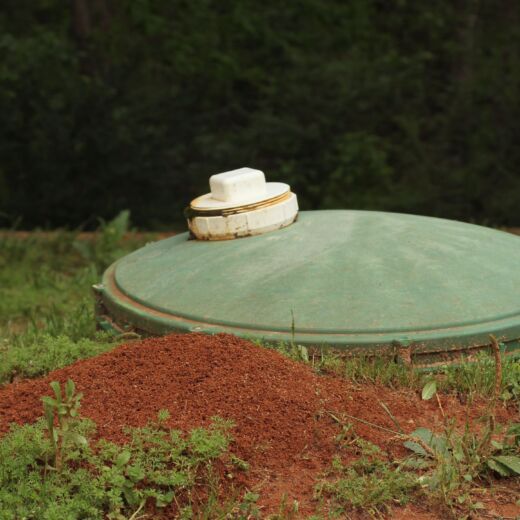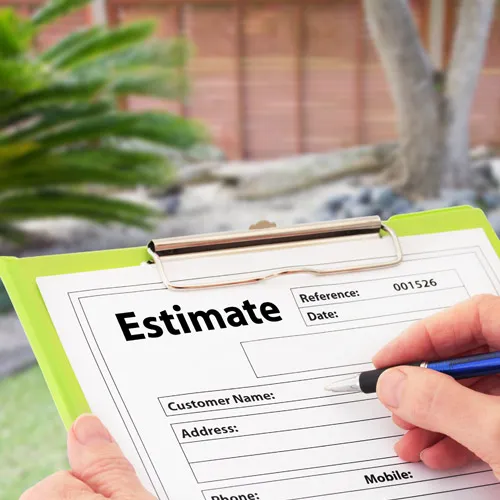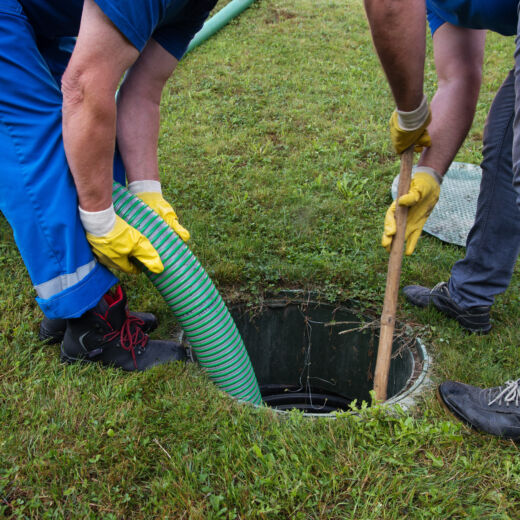Winter has arrived in Alberta, and as longtime residents, we know that we can never truly predict what the season will bring. When you live in one of northern Alberta’s rural counties, you likely have a septic system built to endure the weather, with some help from regular septic inspections.
Protecting Your Septic System During Winter
When temperatures drop to freezing levels, your septic system, particularly the pipes connecting your house to the septic tank, is at risk of freezing. The tank, the drainfield, and its connecting pipes are also vulnerable to freezing temperatures.
Preparing Your Plumbing for Winter
If you plan to be away during winter, it’s crucial to winterize your plumbing. Winterizing means draining all water from the pipes and the water heater. While some might consider using antifreeze, it’s not advisable for homes with septic systems, as it can harm the essential bacteria in the tank.
Managing Snow Cover
Snow can act as an effective insulator for your septic system’s pipes, but preventing the snow from becoming compacted is essential. Compaction eliminates necessary air and water circulation, which is vital for the microorganisms in your septic tank. Compacted snow over the system can also drive frost deeper, risking a freeze of the tank itself. To avoid this, avoid walking or driving over the area covering your septic tank.
Adding Insulation
When snow cover is insufficient, you should add extra insulation. Materials like straw, leaves, mulch, or hay can be used. While you can insulate exterior pipes, this task is best left to professionals, as improper insulation can damage your plumbing.
Professional Septic Tank Services
For comprehensive preventative measures, consider consulting expert septic tank specialists. Professionals can advise replacing pipes with insulated ones to further safeguard against freezing. Our team at SepTech specializes in implementing such preventive strategies.
Addressing Leaky Faucets and Toilets
Contrary to the common practice of letting water drip to prevent freezing, allowing leaks in your home can adversely affect your septic system. Continuous leaks lead to excessive water entering the septic system, preventing the replenishment of bacteria in the tank. Reducing bacteria means less heat generation, increasing the risk of the system freezing. Fixing leaks is essential in maintaining a healthy septic system during colder months.
Why Winter Septic Maintenance and Inspections are Crucial
It’s important to understand that fixing septic issues during winter often requires professional intervention. While you might feel inclined to address these problems yourself, here are some crucial mistakes to avoid:
- Avoid Using Antifreeze or Salt: As previously mentioned, these substances can harm the beneficial bacteria in your septic tank, leading to more significant issues.
- Do Not Use Fire to Thaw the System: This might sound extreme, but it’s worth mentioning because attempts have been made with disastrous results.
- Refrain from Running Water Continuously: While letting water run can sometimes prevent freezing, it won’t solve an existing freeze problem in your septic system.
- Don’t Pour Hot Water Down the Pipes: This approach is risky, especially if there’s a complete blockage, as it could lead to your pipes bursting.
The only relatively safe do-it-yourself method is to gently heat the frozen section of the pipe, but only if it’s safely accessible. You can use a heat lamp or an electric heater to thaw the pipe carefully. However, if you cannot do this safely or effectively, it’s strongly advised to seek assistance from professional plumbers. They have the expertise and equipment to handle such issues without causing further damage.
Inspections are recommended as a safeguard for your tank. When a professional can fix a problem before it becomes a significant issue, resulting in a backup, it saves you time, money and stress.
Trust the Pros at SepTech
At SepTech Canada, we are experts in fixing residential septic systems, serving areas in Strathcona, Sturgeon, Beaver, Camrose, Leduc, and Parkland counties. If your septic alarm goes off or you spot any initial indicators of a septic system issue, don’t hesitate to contact us. We’re here to assist you with your septic system needs.




